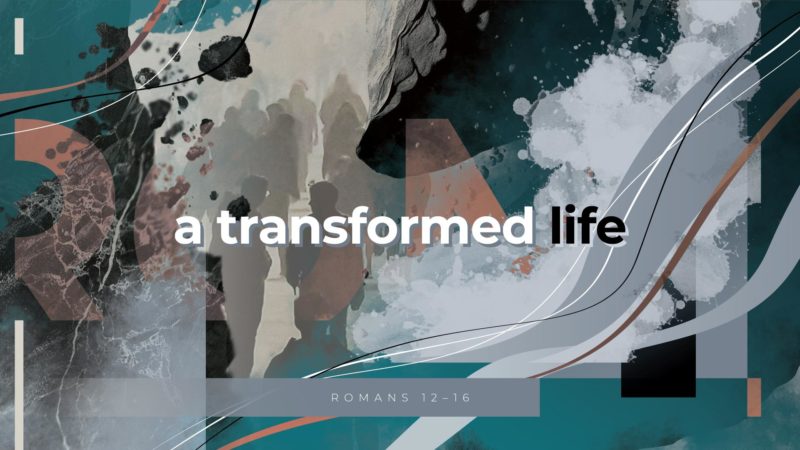
service
June 2, 2024
The Key to Truly Being One Family
Intro
Social groups are often formed by defining people’s identity (or identities) and by determining the boundaries around them. Have you had the experience of being a member of a tightly knit social group? Have you ever felt like you were on the outside?
For example, a person or group can be defined by identities like race, ethnicity, nationality, religion, sex, gender, sexual orientation, age, economic class, social class, disability status, education, language, profession, political party, and geographic location. Social groups are often separated by the combination of their identities.
This way of classifying people is quite superficial. The listed identities, in the paragraph above, say nothing about a person’s story, relationship with Jesus, character, personality, values, longings, or relationships. They say very little about who a person truly is.
This way of looking at people can also be very divisive. Focusing on these identities tends to separate the “ins” from the “outs.” It can lead to stereotyping. If you don’t carry the right identities, and ascribe to the correct narrative, you can be shamed and excluded.
This way of classifying ourselves according to our identities has little capacity to unite us as a church family. Is there another way to think about relating to brothers and sisters who are different from us?
Main Point: Live to strengthen your brother or sister (vs. 1-2).
Three reasons to live this way:
- Because Jesus did it (vs. 3-4).
- Because Jesus encourages and empowers you to do it (vs. 5-6).
- Because Jesus welcomed you (vs. 7).